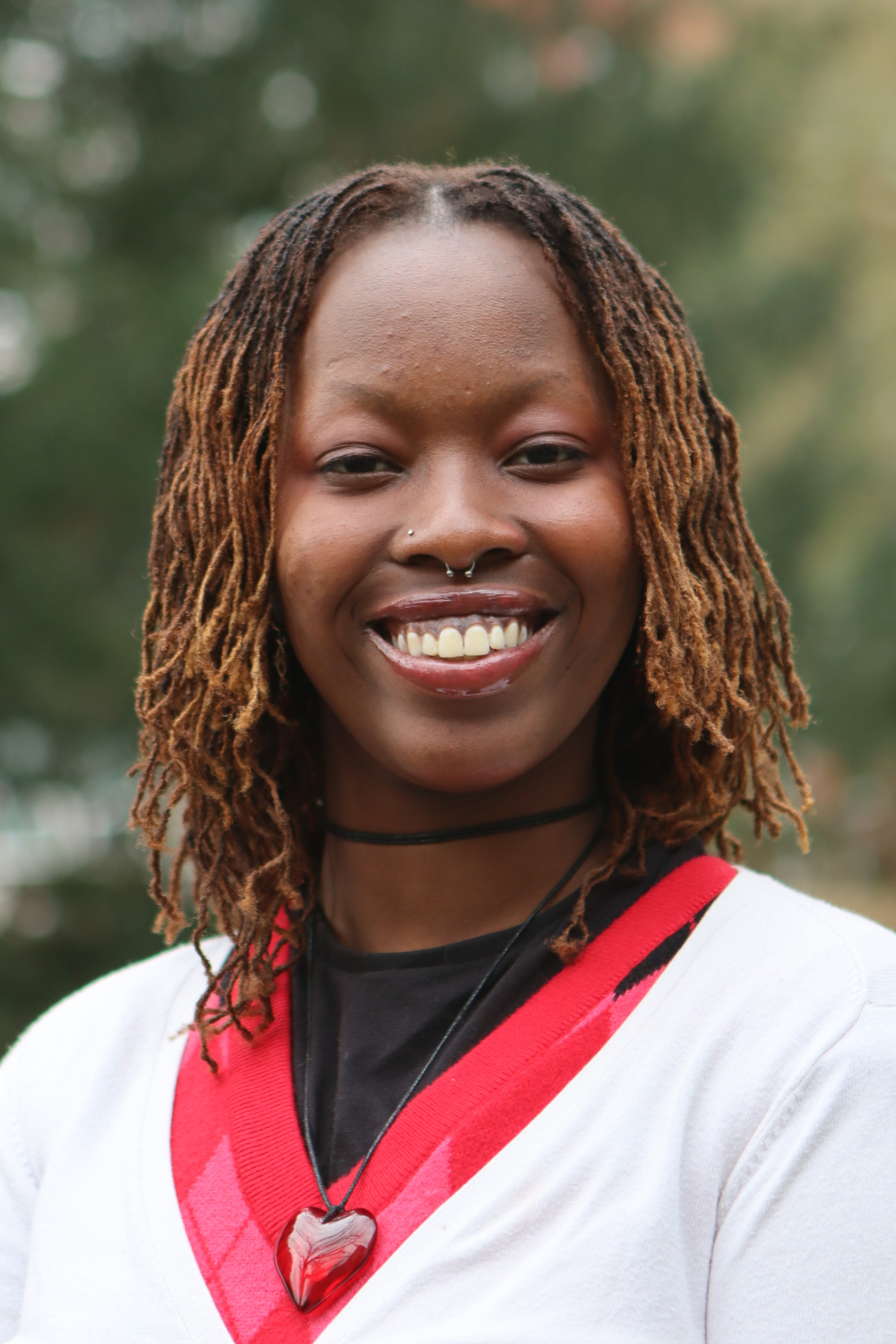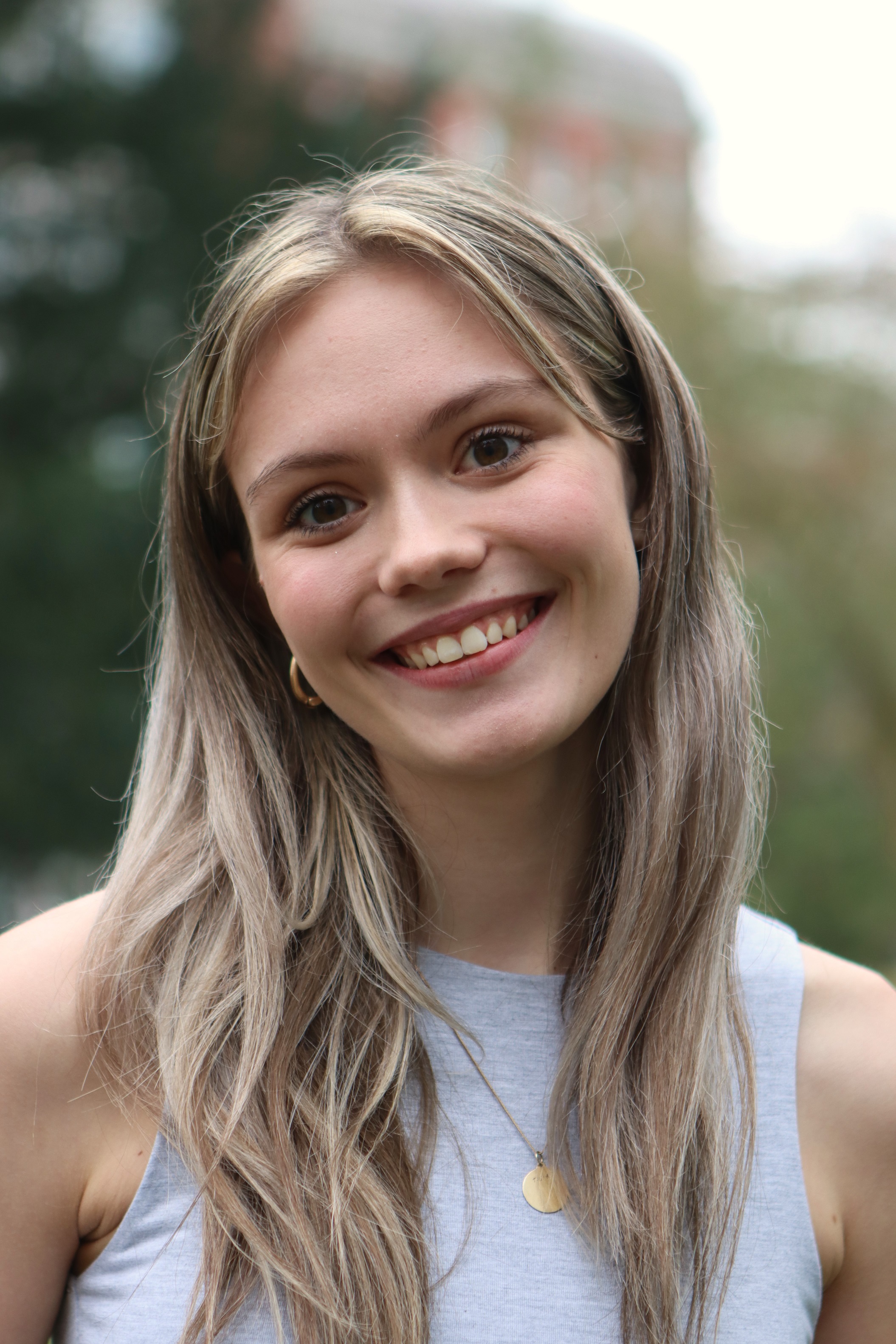Bachelor Psychology (English)

How do biological and social factors determine our behaviour, and how can behavioural and developmental disorders be recognized and treated? In addition to these classic questions, the Bachelor’s degree programme in Psychology at the University of Groningen will also discuss topics such as talent development and creativity, how to deal with the environment, and sustainable mobility.
Are you ready to tackle a wide variety of challenges in the fields of behaviour, awareness, and the brain? Then this degree programme is right up your street. After all, each and every form of human activity is imbued with psychology.
Bachelor’s selection procedure
The University of Groningen uses a system of fixed quota (‘numerus fixus’) for its Bachelor’s degree programme in Psychology. This means that a limited number of places (600) are available, which are assigned via a selection procedure.
The selection procedure is used to ensure that the most suitable and motivated students are admitted to the programme, and also to enable you to discover whether Psychology is indeed the right degree programme for you. We would be delighted to welcome you to the selection procedure.
English language requirements
The test results - with the required minimum score - of any of the tests below, prove that you satisfy the English language requirements. Please note test results older than two years cannot be accepted (except for VWO diploma).
|
Exam |
Minimum score |
|---|---|
|
IELTS overall band |
6.5 - overall 6.0 - speaking 6.0 - writing |
|
TOEFL internet based |
92 - overall 22 - speaking 22 - writing |
|
Cambridge Advanced English (CAE) |
C, B or A |
|
Cambridge Proficiency (CPE)
|
C, B or A
|
|
Dutch VWO diploma including English |
5.5 for English |
HBO propaedeutic certificate
Admission to the Bachelor’s degree programme in Psychology normally takes place on the basis of a Dutch pre-university (VWO) diploma.
Still, you can also be admitted if you have a first-year (‘propaedeutic’) certificate or a degree from an University of Applied Sciences (HBO). Then you must demonstrate sufficient prior knowledge at the VWO-6 level through one or more supplementary exams.
Open days
|
4 and 5 October 2024 |
The UG will be represented at the Onderwijsbeurs Noordoost in the Evenementenhal in Hardenberg. |
|
|
8 November 2024 31 January 2025
12 April 2025
|
Open day for prospective students who would like more information about Bachelor’s degree programmes at the UG. |
|
|
14 November 2024
|
Webinar for prospective students about the English Bachelor Psychology programme. Students will inform you about various topics and answer your questions
|
|
|
18 November until 3 March until
30 March 2025 |
Study online for four weeks to find out whether a degree programme really suits you. |
|
|
Dates vary by programme and will be announced during the academic year
|
An information-packed day at the faculty. For those who want more information to complement the bachelors' open day.
|
|
|
22 November 2024 28 March 2025
|
Information about the UG Master’s degree programmes for current university or university of applied sciences Bachelor’s students. |
|
|
9-13 December 2024 9 December 2024
|
Webinar Week for fixed quota programmes: |
Online information programme about UG fixed quota degree programmes for secondary school pupils who will start university in 2025. |
Psychology course units for external students
Many students from other programmes are interested in participating in psychology course units at our faculty. To regulate this influx, the following rules are in effect as of September 1, 2022, for students who are not enrolled as psychology students in the psychology department ("external" students).
Course units in the BSc programme
External students that are explicitely listed:
-
students in a pre-master stage are allowed to participate in the course units that they are obliged to take
-
students from the Artificial Intelligence programme at the UG may participate in the course units that are listed as “electives” in their TER/OER, and Statistics-II and -III
-
students from the University College Groningen may participate in course units that do not contain or are a practicum. Communication and Diagnostics skills is an exception where they may participate
-
for students from the University College Fryslân, an arrangement has yet to be made
-
at most 100 students from the Sport Sciences Programme at the UG may participate in the course unit “Sport & Performance Psychology”
-
at most 20 students from the programme “Applied Psychology” from the Hanzehogeschool may participate in a selection of course units, as a preparation minor
-
at most 5 students from the HBO+-programme obstetrics (“Verloskunde”) may participate in course units
-
exchange students of external psychology programmes may participate in course units and will be enrolled under the PSB-code
-
students who have been admitted to the second year of the study programme by the Admissions Board on the basis of Article 6.1 of the BSS Teaching and Examination Regulation from a related study programme have unrestricted access to the compulsory post-propaedeutic subjects of the study programme, while retaining the sequential obligations of the examinations as laid down in a table in the relevant article
-
Human Movement Sciences students can take three courses that are also part of the Psychology in Society minor.
For the MSc programme
Only the master courses that appear on the list of open modules are accessible to ''external'' students. The list of open modules can be found in the overview of open modules. In the MSc-programme, courses units may be confined to students from a specific MSc-track. That means that even UG-Msc-psychology students of another track are excluded.
Email a student
Would you like to hear from a hands-on expert what it is like to study Psychology? Our student ambassadors are happy to answer all your questions about Psychology: studyinformation.bss rug.nl.


If you have any content-specific questions about the degree programme in Psychology, please have a look at this website, or contact a study advisor: studyadvice.psy rug.nl.
Career Services
Your career already starts during your studies. Career Services BSS will help you shape this career. What would you like to specialize in, and what will you be able to do after you graduate? Are you considering a career as a psychologist, manager, lecturer, behavioural scientist, consultant, researcher, HR advisor, or educationalist? Or have you not decided yet and would like some information about possible options or where to start exploring?
| Last modified: | 31 March 2025 3.59 p.m. |


